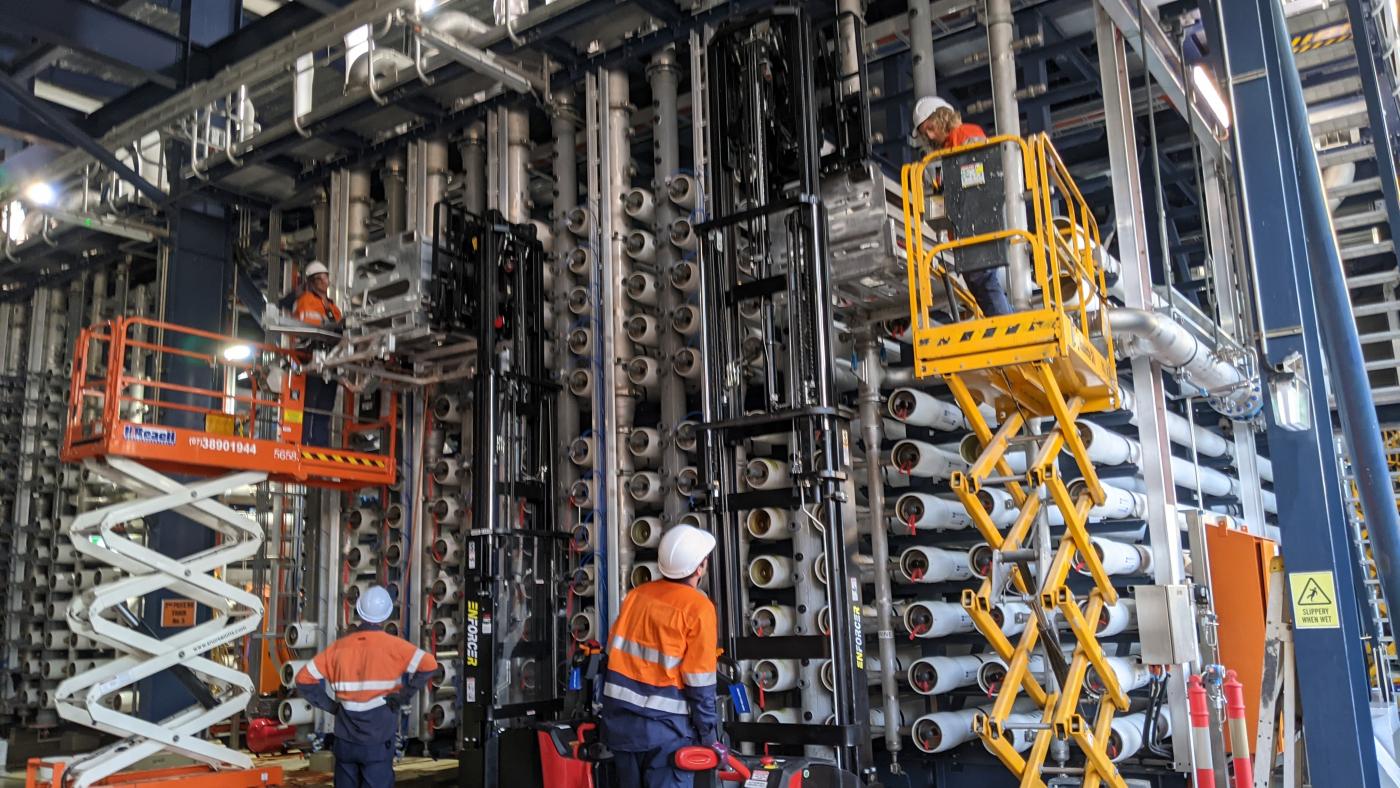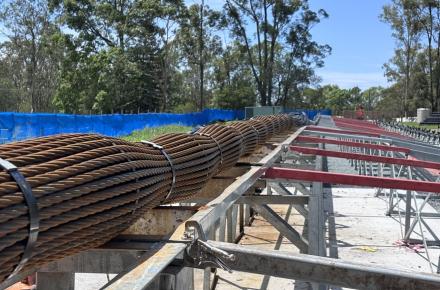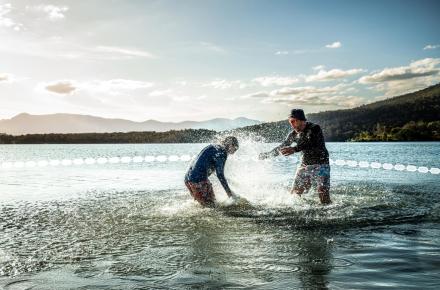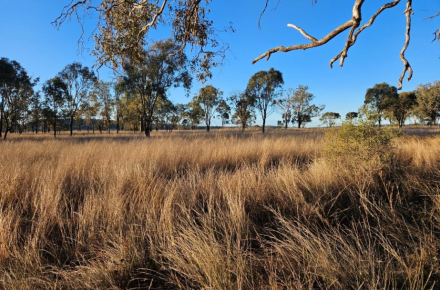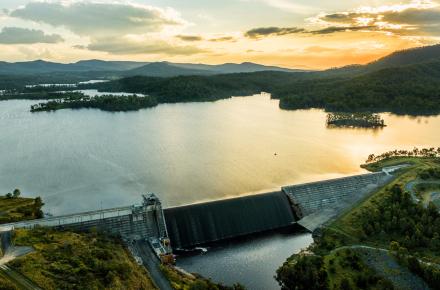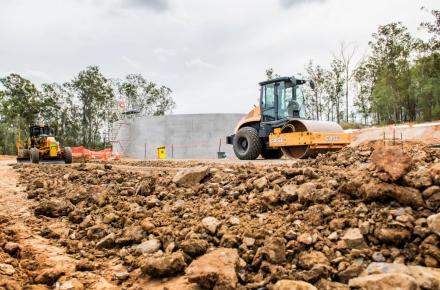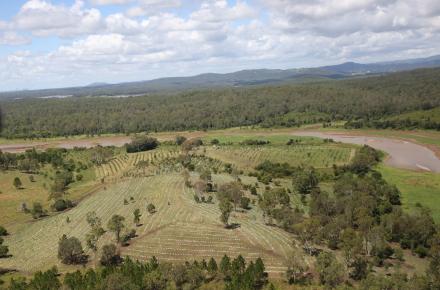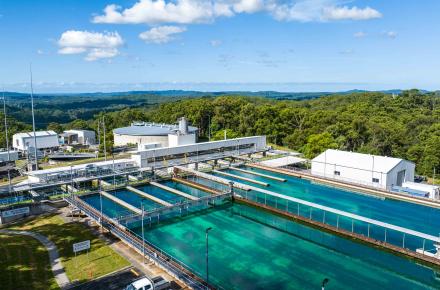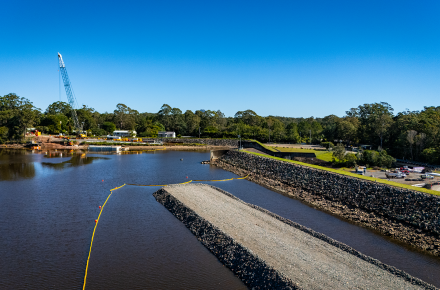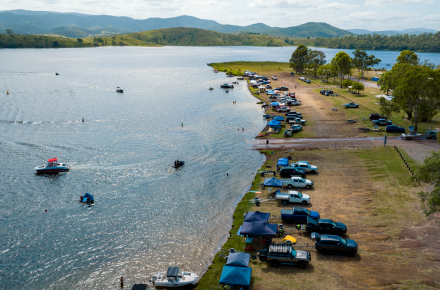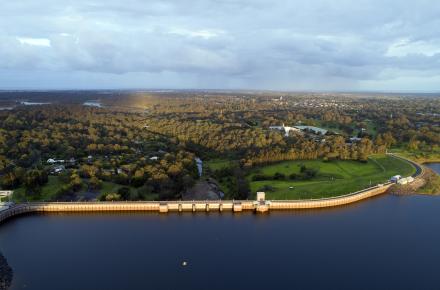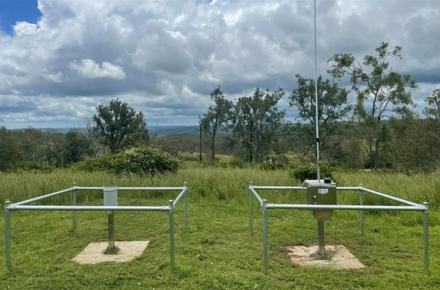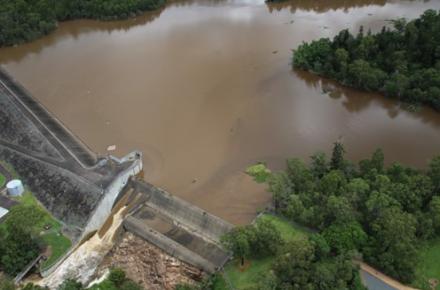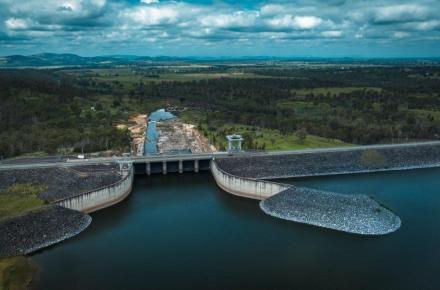Since September 2020, when SEQ dams levels fell below 60% capacity, the Gold Coast Desalination Plant has added an average of 61 million litres per day to the region’s water supply network – the SEQ Water Grid.
Seqwater Chief Executive Officer, Neil Brennan said the plant, based in Tugun, is able to produce large volumes of drinking water each day, regardless of weather.
“The Gold Coast Desalination Plant has produced more than 8000 Olympic-sized swimming pools since September 2020,” Mr Brennan said.
“The plant has been in continuous operation since it was first brought online in 2009 and at full capacity it can supply enough water to about 300,000 homes every day.
“Having climate-resilient assets, including the SEQ Water Grid and the Gold Coast Desalination Plant, means we have more options to manage water supply challenges arising from sporadic rainfall, drought, climate change and population growth.
“These assets are proving to be vital as replenishing rain continues to miss our largest dam storages, like Lake Wivenhoe.”
South East Queensland’s combined dam levels are around 55% capacity – less than the same time last year.
The SEQ Water Grid is being used to best preserve our largest water storages, Somerset and Wivenhoe Dams, by moving treated drinking water into the central areas including Brisbane, Ipswich and Logan.
Seqwater is investing more than $16 million to ensure the Gold Coast Desalination Plant continued to operate in peak condition.
“Seqwater is replacing critical components within the plant that are nearing the end of their service life,” Mr Brennan said.
“These critical components include reverse osmosis membranes, which are used to separate salt and other minerals from the water.”
The project was planned over two stages to ensure the plant could continue to operate at a reduced capacity and produce drinking water during the replacement work.
Seqwater completed the first stage of the project in June 2021, replacing approximately 3,450 membranes.
The second and final stage of the project, which includes replacing 13,000 membranes, is being carried out and expected to be completed by end of November.
Mr Brennan said in total, more than 15,000 membranes would be replaced.
